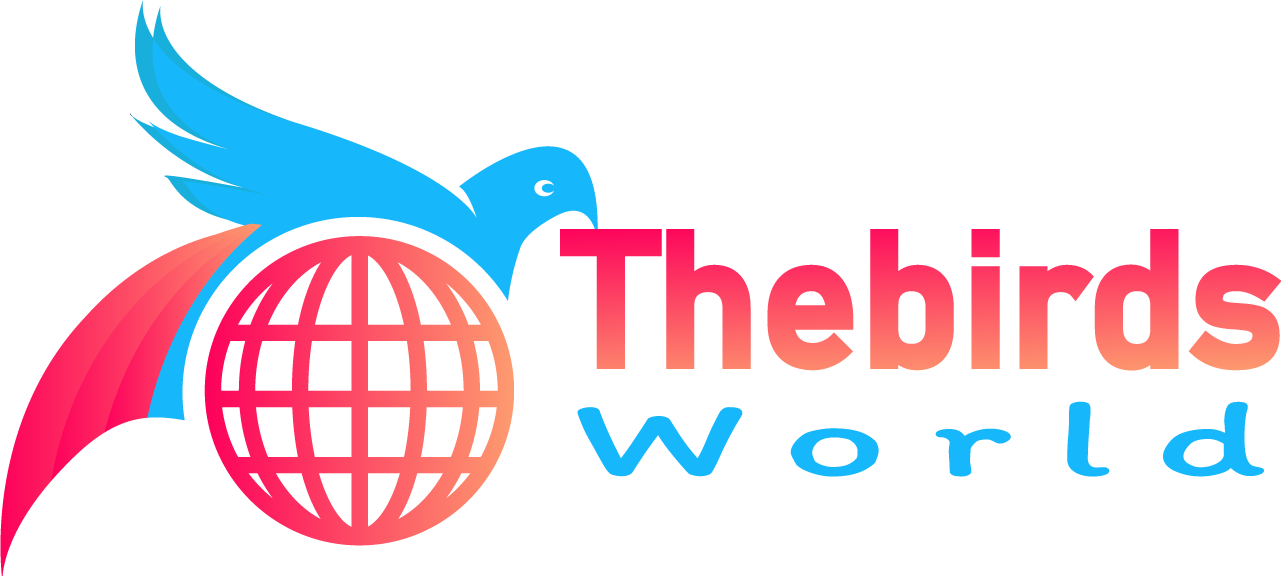In today’s world, there is a growing awareness of the importance of inclusivity and equal opportunities for individuals with disabilities. More and more employers are recognizing the value of diverse workplaces and the unique perspectives that disabled individuals bring to the table. This shift in perspective has led to the creation of empowering job opportunities that cater to the abilities and talents of disabled people. In this blog post, we’ll explore six empowering jobs for disabled people that not only accommodate the needs of individuals with disabilities but also allow them to thrive and make meaningful contributions to the workforce.
1. Information Technology (IT) Specialist
The world of IT is vast, offering a multitude of roles that can be tailored to various abilities. Individuals with disabilities with strong problem-solving skills, logical thinking, and technical aptitude can excel in IT careers. They can work as software testers, web developers, quality assurance analysts, or IT support specialists. Many IT tasks can be performed remotely, providing flexibility and accommodation for those with mobility or communication challenges.
2. Graphic Designer
For individuals with artistic talent and a flair for design, a career in graphic design can be highly fulfilling. This profession allows individuals to use their creativity to communicate messages through visual elements. The flexibility to work on a freelance basis or from home can be advantageous for disabled individuals who may find it challenging to commute to an office.
3. Content Writer
Writing is a field that offers numerous opportunities, and it can be done from virtually anywhere. For individuals with disabilities who excel in communication and possess strong writing skills, content writing can be an ideal career choice. Freelance content writers create articles, blogs, marketing materials, and more, providing valuable information to a broad audience.
4. Customer Service Representative
Customer service positions often allow employees to work from the comfort of their homes, making them accessible to disabled individuals. These roles require strong communication skills and the ability to assist customers with their inquiries and issues. With the rise of remote work, there are many opportunities in the customer service sector.
5. Educator or Tutor
Teaching and tutoring are professions where individuals with disabilities can significantly impact. Education is a field that values diverse teaching styles and perspectives. Disabled educators can serve as role models for their students, showing that disabilities do not define one’s potential. They can work in schools and colleges or offer private tutoring services.
6. Healthcare Professional
The healthcare field is vast and includes a wide range of careers that cater to diverse abilities. Disabled individuals passionate about helping others can find meaningful roles as occupational therapists, physical therapists, social workers, or mental health counselors. These professions often emphasize empathy and understanding, which the unique experiences of individuals with disabilities can enrich.
The Benefits of Empowering Jobs for Disabled People
Empowering jobs for disabled individuals not only provide them with financial independence but also offers numerous other benefits:
- Enhanced Self-Esteem: Meaningful employment boosts self-esteem and confidence, helping individuals feel accomplished and valued.
- Financial Stability: Employment offers a source of income, reducing financial stress and enhancing overall security.
- Community Integration: Disabled individuals can actively participate in their communities, fostering a sense of belonging and connection.
- Development of Skills: Empowering jobs provide opportunities to develop and refine skills professionally and personally.
- Contribution to Society: Disabled individuals make valuable contributions to their workplaces and society at large, breaking stereotypes and advocating for inclusivity.
Overcoming Challenges
While these empowering jobs are a beacon of hope for disabled individuals seeking meaningful employment, it’s important to acknowledge their challenges in the job market. Employers must provide reasonable accommodations, such as flexible working hours, accessible facilities, and adaptive technology. Additionally, organizations should focus on inclusive recruitment practices and foster a culture of diversity and acceptance.
Individuals with disabilities can also benefit from disability employment services and organizations that specialize in job placement and support. These services can help bridge the gap between job seekers and employers, ensuring a smoother and more inclusive hiring process.
Conclusion
In conclusion, empowering jobs for disabled people enriches the workforce and promotes diversity, inclusivity, and social progress. These career opportunities allow disabled individuals to demonstrate their unique skills and perspectives while contributing meaningfully to society. To fully realize the potential of an inclusive workforce, employers and society as a whole must prioritize accessibility, accommodation, and acceptance for disabled individuals.


